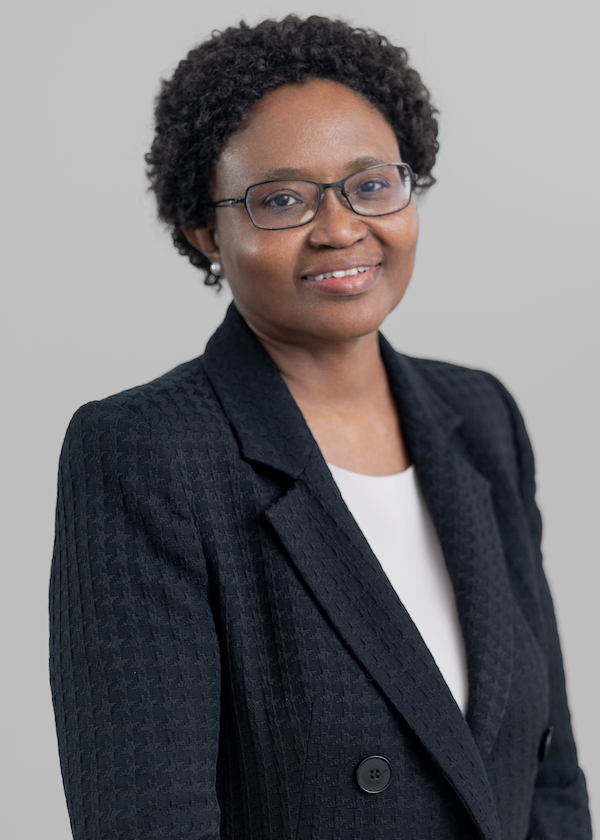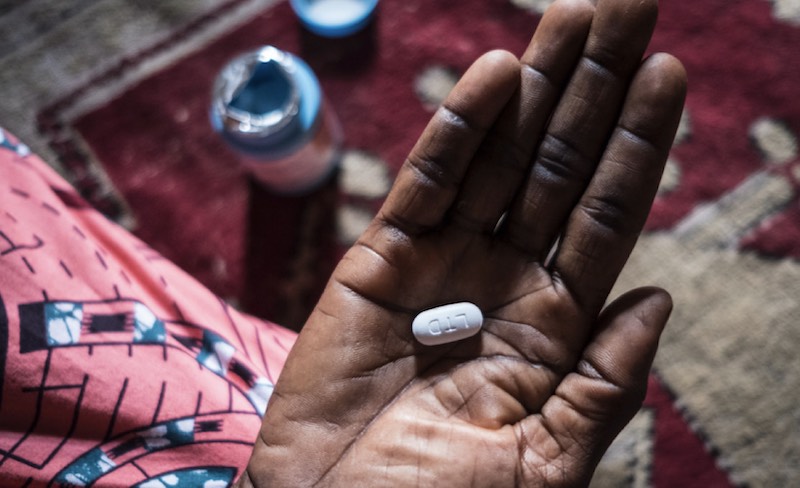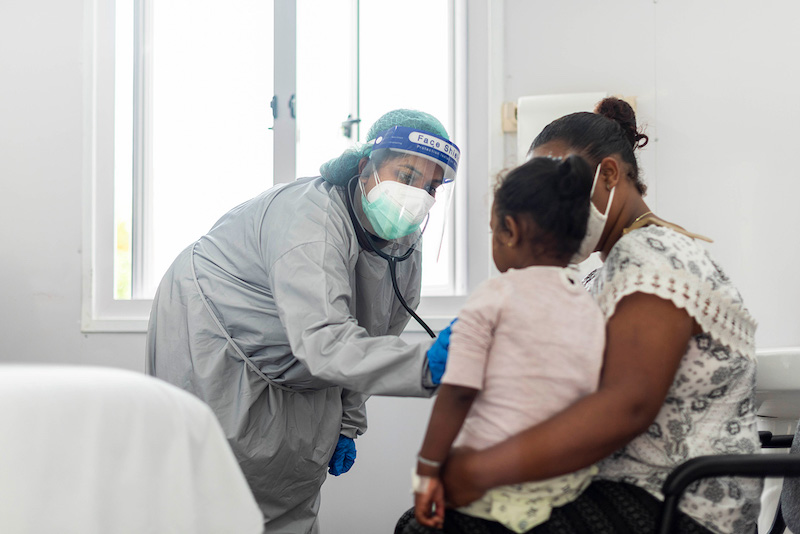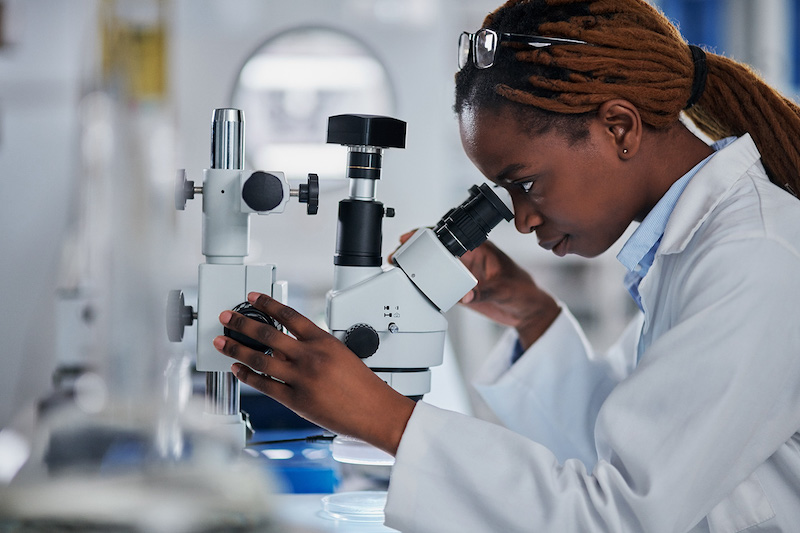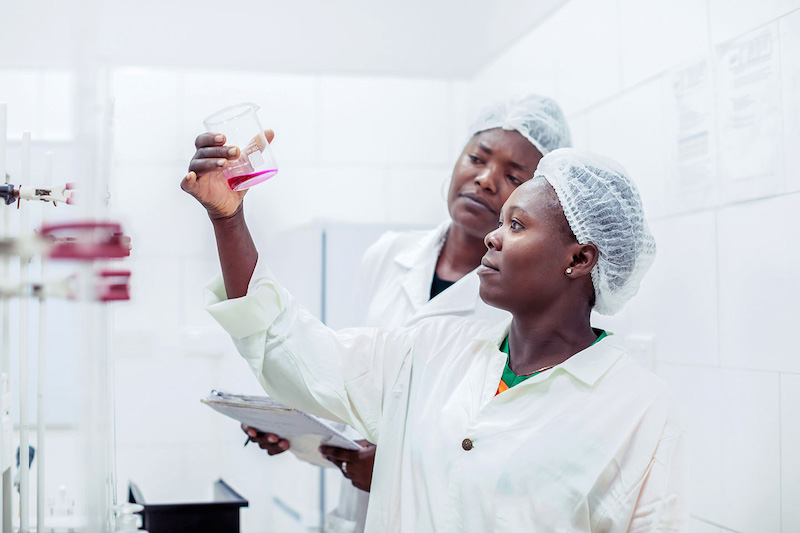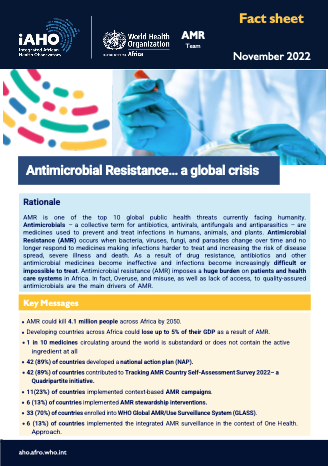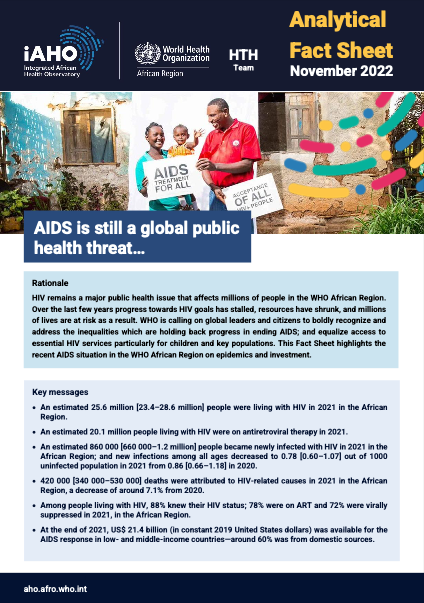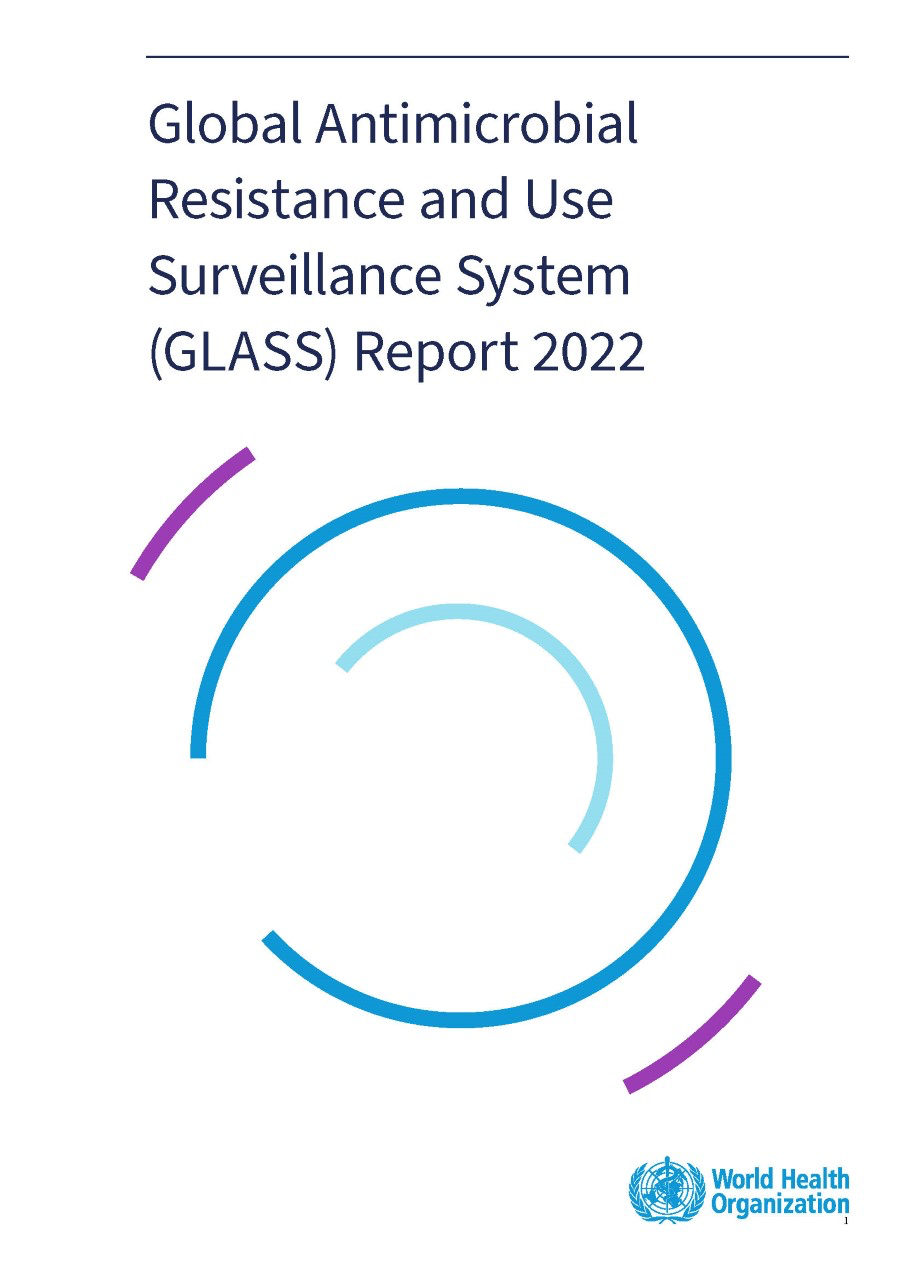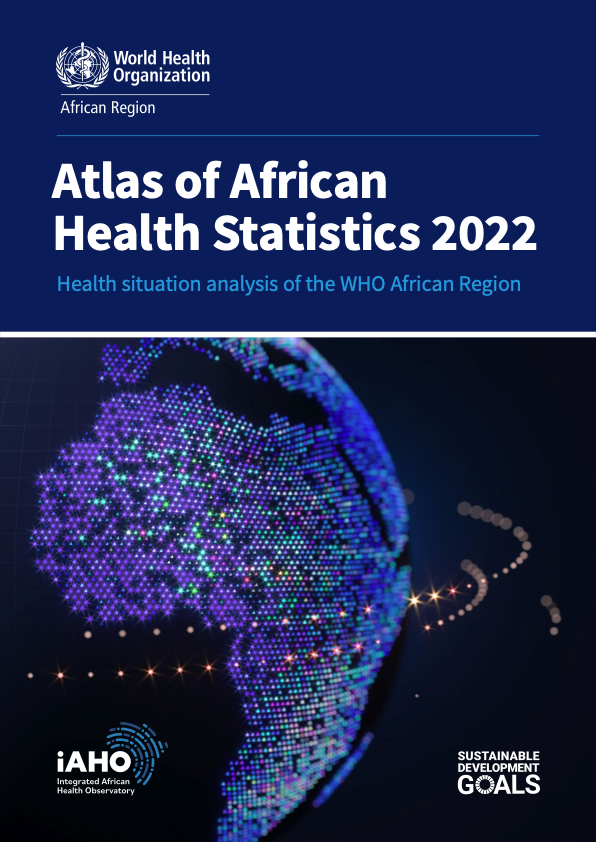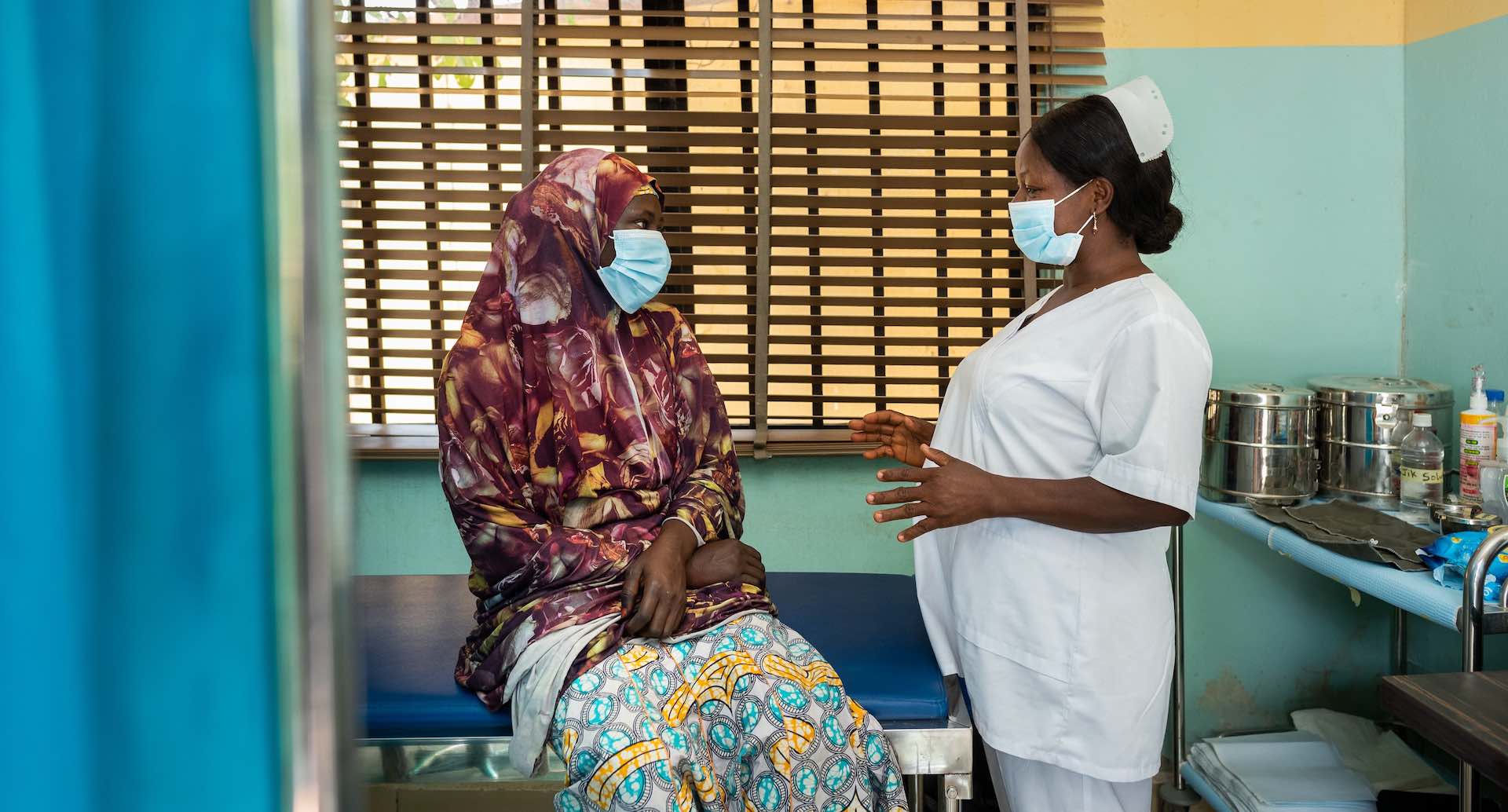
Assistant Regional Director (ARD) Cluster
The Assistant Regional Director (ARD) Cluster
The Assistant Regional Director (ARD) Cluster at WHO in the African Region is designed to support cross cutting technical functions by working closely with countries and programme areas across various clusters.
This cluster focuses on essential functions in key subject areas that prepare WHO and Member States to make evidence-informed decisions and harness the cutting-edge research and innovations for the acceleration of health improvements in the African Region.
It was created as part of the WHO/AFRO restructuring efforts as part of the Transformation Agenda in 2019 and is lead by Dr. Lindiwe Makubalo.
Dr Lindiwe Makubalo
WHO Assistant Regional Director for Africa
Dr Lindiwe Makubalo was appointed to the position of Assistant Regional Director in 2021. She oversees the Regional Offices effort to strengthen Coordination and Integration of functions. In addition, she is responsible for cross cutting areas - Anti-microbial resistance, Diagnostics and Laboratory Services, Data Analytics and knowledge Management, Research & Innovation, Integrated Service Delivery as well as new units focusing on Strategic Development & Monitoring and Science & Innovation.
ARD Teams
Though various ARD teams, all serving distinct purposes with unique intervention areas, the cluster is designed to serve as technical support and an expert advisory service to strengthen coordination mechanisms, platforms and partnerships across both WHO and Member States in key focus areas.
Antimicrobial Resistance (AMR)
Supports member states to address antimicrobial resistance (AMR) through strengthened surveillance systems, laboratory capacity, infection prevention and control (IPC), awareness-raising and evidence-based policies and practices.
Research, Digital Health and Innovation (RDI)
Facilitate the process of applying research and innovation to achieve impact on people’s health in the areas of research and development, innovations and digital health in the WHO African Region.
Data, Analytics and Knowledge (DAK)
To ensure use of health intelligence that is disaggregated by age, gender, equity and human rights for decision making by Member States, in relation to UHC and other health related SDG targets in routine and emergency situations.
Service Delivery Systems (SDS)
All people in stable and crisis situation, at all ages and irrespective of their characteristics access and utilize all needed, quality health services, at sub-national and national levels with effective involvement of communities and other stakeholders.
Diagnostic & Laboratory Services (DLS)
Provision of authoritative guidance and standards, access and capacity support on quality, safety and efficacy of health products, including through pre-qualification services, essential medicines and diagnostics lists.
ARD Office
Key to the cluster’s restructuring plan, in 2021 preliminary work began for the introduction of 2 new units, namely, Science and Innovation and Strategic Development and Monitoring units.
With the increasing rate of globalization, science and innovation have become a key differentiating transformative feature that defines long-term sustainable impact on improving the quality of life of the world’s population. The demand for science and innovation is even higher in the health sector where health outcomes are complex, despite global progress in reducing morbidity and mortality. In this regard, the science and innovation office will work to promote the science agenda and regional initiatives such as manufacturing, technology transfer to produce medicines, therapeutics, diagnostics and commodities.
With the increasing rate of globalization, science and innovation have become a key differentiating transformative feature that defines long-term sustainable impact on improving the quality of life of the world’s population. The demand for science and innovation is even higher in the health sector where health outcomes are complex, despite global progress in reducing morbidity and mortality. In this regard, the science and innovation office will work to promote the science agenda and regional initiatives such as manufacturing, technology transfer to produce medicines, therapeutics, diagnostics and commodities.




